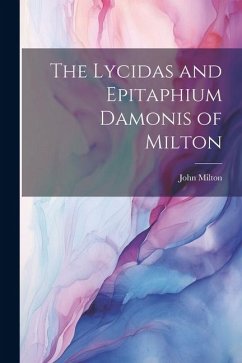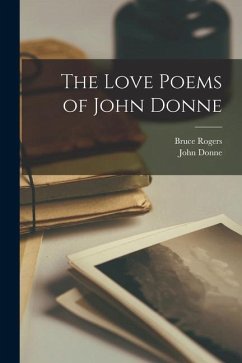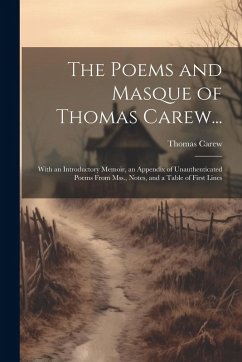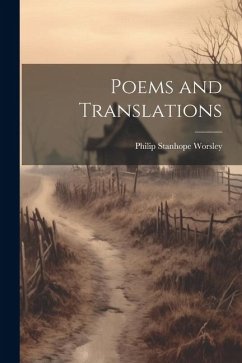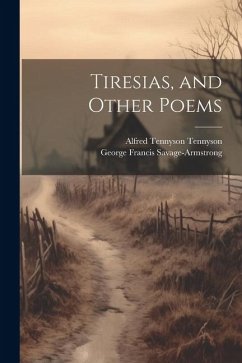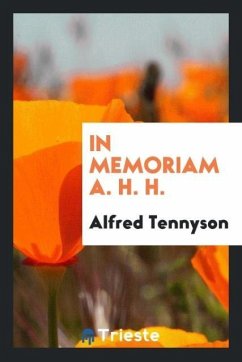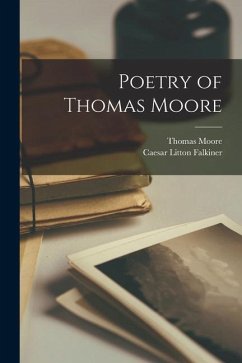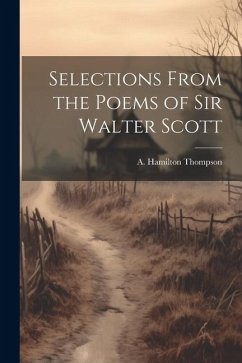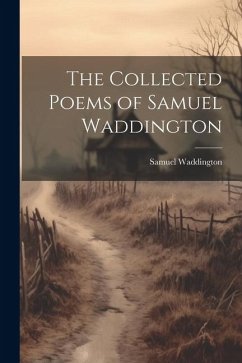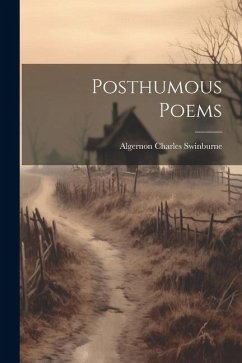
L'Allegro, Il Penseroso, Comus, and Lycidas
Versandkostenfrei!
Versandfertig in über 4 Wochen
18,99 €
inkl. MwSt.
Weitere Ausgaben:

PAYBACK Punkte
9 °P sammeln!
This volume includes four of John Milton's best-known poems: L'Allegro, Il Penseroso, Comus, and Lycidas. The poems are accompanied by an introduction and notes by Tuley Francis Huntington, a noted scholar of Milton's works. This work has been selected by scholars as being culturally important, and is part of the knowledge base of civilization as we know it. This work is in the "public domain in the United States of America, and possibly other nations. Within the United States, you may freely copy and distribute this work, as no entity (individual or corporate) has a copyright on the body of t...
This volume includes four of John Milton's best-known poems: L'Allegro, Il Penseroso, Comus, and Lycidas. The poems are accompanied by an introduction and notes by Tuley Francis Huntington, a noted scholar of Milton's works. This work has been selected by scholars as being culturally important, and is part of the knowledge base of civilization as we know it. This work is in the "public domain in the United States of America, and possibly other nations. Within the United States, you may freely copy and distribute this work, as no entity (individual or corporate) has a copyright on the body of the work. Scholars believe, and we concur, that this work is important enough to be preserved, reproduced, and made generally available to the public. We appreciate your support of the preservation process, and thank you for being an important part of keeping this knowledge alive and relevant.




